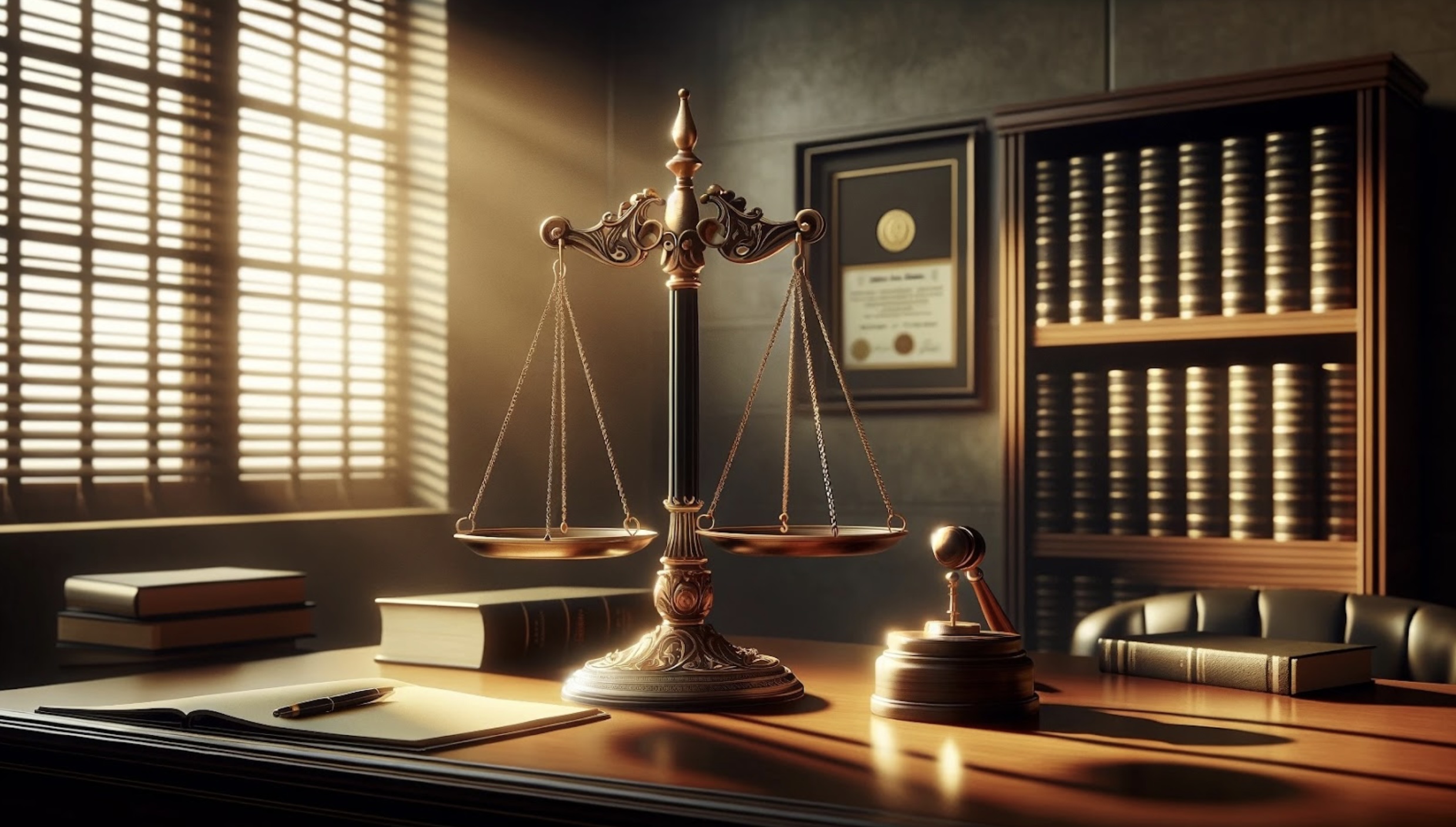In the era of instant communication and social media, the term “defamation” is thrown around more frequently than ever. But what does it actually mean to be sued for defamation? This blog post aims to demystify the process and implications of a defamation lawsuit, guided by the expertise of Hepworth Legal, a premier law firm in Utah with a diverse practice area, including defamation among others.
In this article:
- Understanding Defamation: What it is and how it’s legally defined.
- The Difference Between Libel and Slander: Knowing the nuances.
- The Process of a Defamation Lawsuit: What to expect from start to finish.
- Defenses Against a Defamation Claim: How you can legally protect yourself.
- The Role of Evidence in Defamation Cases: What you need to prove or disprove a claim.
- How Hepworth Legal Can Help: Partnering with experts for the best outcome.
Understanding the intricacies of defamation and its legal consequences can empower you to navigate such situations more confidently. Whether you’re a business owner, a public figure, or an individual, knowing the basics of defamation law is crucial in today’s digital world.
Understanding Defamation
Defamation involves making a false statement about someone that injures their reputation. Under the law, defamation is categorized into libel (written statements) and slander (spoken statements). To be considered defamatory, a statement must be presented as a fact, communicated to someone other than the person it’s about, and cause harm or damage to the subject’s reputation.
The Difference Between Libel and Slander
While both harmful, libel and slander have key differences, primarily in the medium used for the defamatory statement. Libel refers to written defamation, while slander is spoken. The distinction is crucial in legal battles, as libel is often considered more damaging due to its permanent nature.
The Process of a Defamation Lawsuit
Filing a defamation lawsuit involves several steps, starting with proving the statement was false, damaging, and not a protected form of speech. The process can be complex, requiring thorough documentation and evidence to support your claim.
Defenses Against a Defamation Claim
Several defenses can nullify a defamation claim, including truth, opinion, and privilege. Understanding these defenses is essential for both plaintiffs and defendants in a defamation case.
The Role of Evidence in Defamation Cases
Evidence plays a critical role in defamation lawsuits. Plaintiffs must prove the defamatory statement was made and that it caused harm. Conversely, defendants may need to prove the truth of their statement or that it falls under another defense.
How Hepworth Legal Can Help
Hepworth Legal stands ready to support clients through the complexities of defamation lawsuits. With a deep understanding of the law and a commitment to personalized, strategic guidance, our team can help protect your reputation and achieve a favorable outcome.
Ready to Protect Your Reputation? Let Hepworth Legal Guide You
Take the first step towards understanding and defending your rights in defamation cases.
Hepworth Legal, with its team of experienced attorneys, is your ally in navigating the complexities of defamation law. Reach out to us for personalized, effective legal representation aimed at safeguarding your reputation.
Get Expert Legal Assistance Now
Understanding and responding to a defamation lawsuit can be daunting, but you don’t have to navigate it alone. Hepworth Legal offers expert guidance and support to ensure your voice is heard and your reputation protected. Contact us today to learn more about how we can assist you in your defamation case.





Leave A Comment